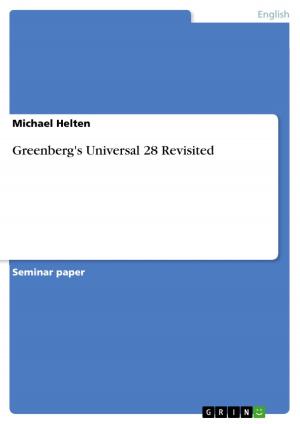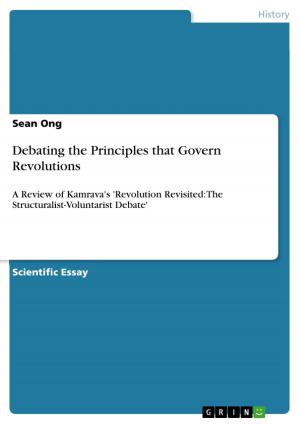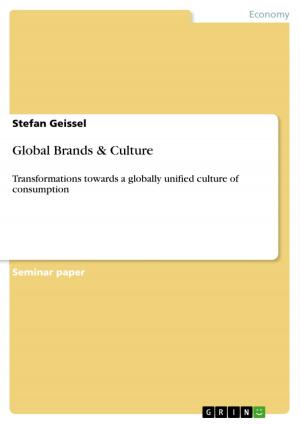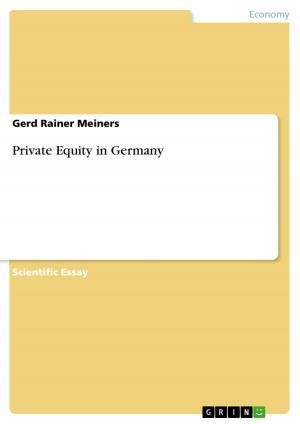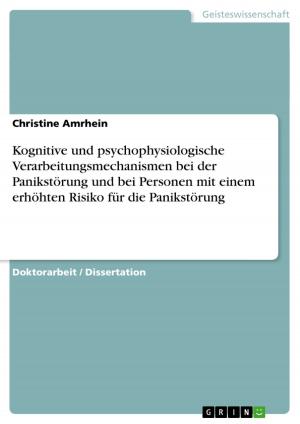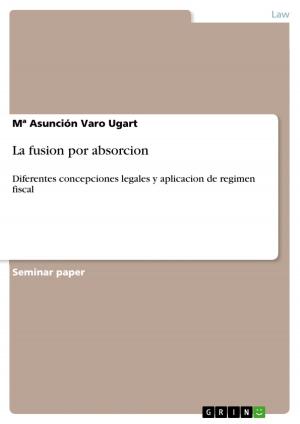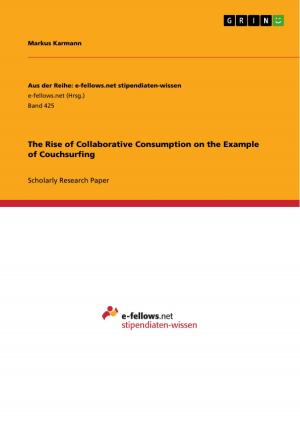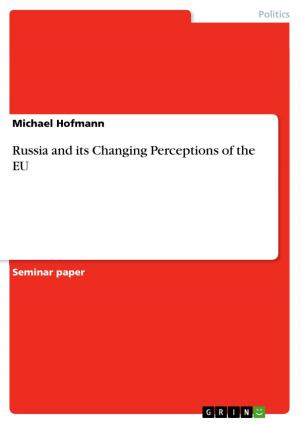| Author: | Osemeka Anthony | ISBN: | 9783640714742 |
| Publisher: | GRIN Publishing | Publication: | October 4, 2010 |
| Imprint: | GRIN Publishing | Language: | English |
| Author: | Osemeka Anthony |
| ISBN: | 9783640714742 |
| Publisher: | GRIN Publishing |
| Publication: | October 4, 2010 |
| Imprint: | GRIN Publishing |
| Language: | English |
Essay from the year 2009 in the subject Psychology - Miscellaneous, grade: 'A', Frankfurt State Academy of fine arts (Atlantic International University), course: Master degree Program, language: English, abstract: Kant helps us understand the conditions for peace by reminding us that lasting peace requires both cosmopolitan legal reform and individual moral improvement, including resistance to egoism and the cultivation of cosmopolitan attitudes. The duty to pursue peace includes the duty to promote the rule of domestic and international law and work against its unilateral subversion. The juridical cosmopolitanism of a worldwide league of free peoples enables resistance to the dangers posed by authoritarian regimes and their dangerous willingness to manipulate their subjects and ignore international law. Constraining egoism enables people to overcome the tyranny of their desires and cultivates a sense of affiliation with the larger community of humanity in general, providing the moral foundation needed to support a cosmopolitan legal order. Moral development to a great extent is fostered through the arts and humanities, and a robust cultural life therefore ought to play a central role in the pursuit of global peace. Kant foreshadowed the theory in his essay 'Perpetual Peace' written in 1795, although he thought that constitutional republics was only one of several necessary conditions for a perpetual peace. Kant's theory was that a majority of the people would never vote to go to war, unless in self defense. Therefore, if all nations were republics, it would end war, because there would be no aggressors. He portrays 'perpetual peace' between states as an attainable, if distant, ideal; in another, it is seen to be a principle towards which we are morally compelled to strive, regardless of whether or not its realisation in practice is feasible. In true Kantian fashion, it transpires in the end that the moral and practical aspects find in each other a happy concord, so that this is a problem which gradually works out its own solution.
Essay from the year 2009 in the subject Psychology - Miscellaneous, grade: 'A', Frankfurt State Academy of fine arts (Atlantic International University), course: Master degree Program, language: English, abstract: Kant helps us understand the conditions for peace by reminding us that lasting peace requires both cosmopolitan legal reform and individual moral improvement, including resistance to egoism and the cultivation of cosmopolitan attitudes. The duty to pursue peace includes the duty to promote the rule of domestic and international law and work against its unilateral subversion. The juridical cosmopolitanism of a worldwide league of free peoples enables resistance to the dangers posed by authoritarian regimes and their dangerous willingness to manipulate their subjects and ignore international law. Constraining egoism enables people to overcome the tyranny of their desires and cultivates a sense of affiliation with the larger community of humanity in general, providing the moral foundation needed to support a cosmopolitan legal order. Moral development to a great extent is fostered through the arts and humanities, and a robust cultural life therefore ought to play a central role in the pursuit of global peace. Kant foreshadowed the theory in his essay 'Perpetual Peace' written in 1795, although he thought that constitutional republics was only one of several necessary conditions for a perpetual peace. Kant's theory was that a majority of the people would never vote to go to war, unless in self defense. Therefore, if all nations were republics, it would end war, because there would be no aggressors. He portrays 'perpetual peace' between states as an attainable, if distant, ideal; in another, it is seen to be a principle towards which we are morally compelled to strive, regardless of whether or not its realisation in practice is feasible. In true Kantian fashion, it transpires in the end that the moral and practical aspects find in each other a happy concord, so that this is a problem which gradually works out its own solution.



